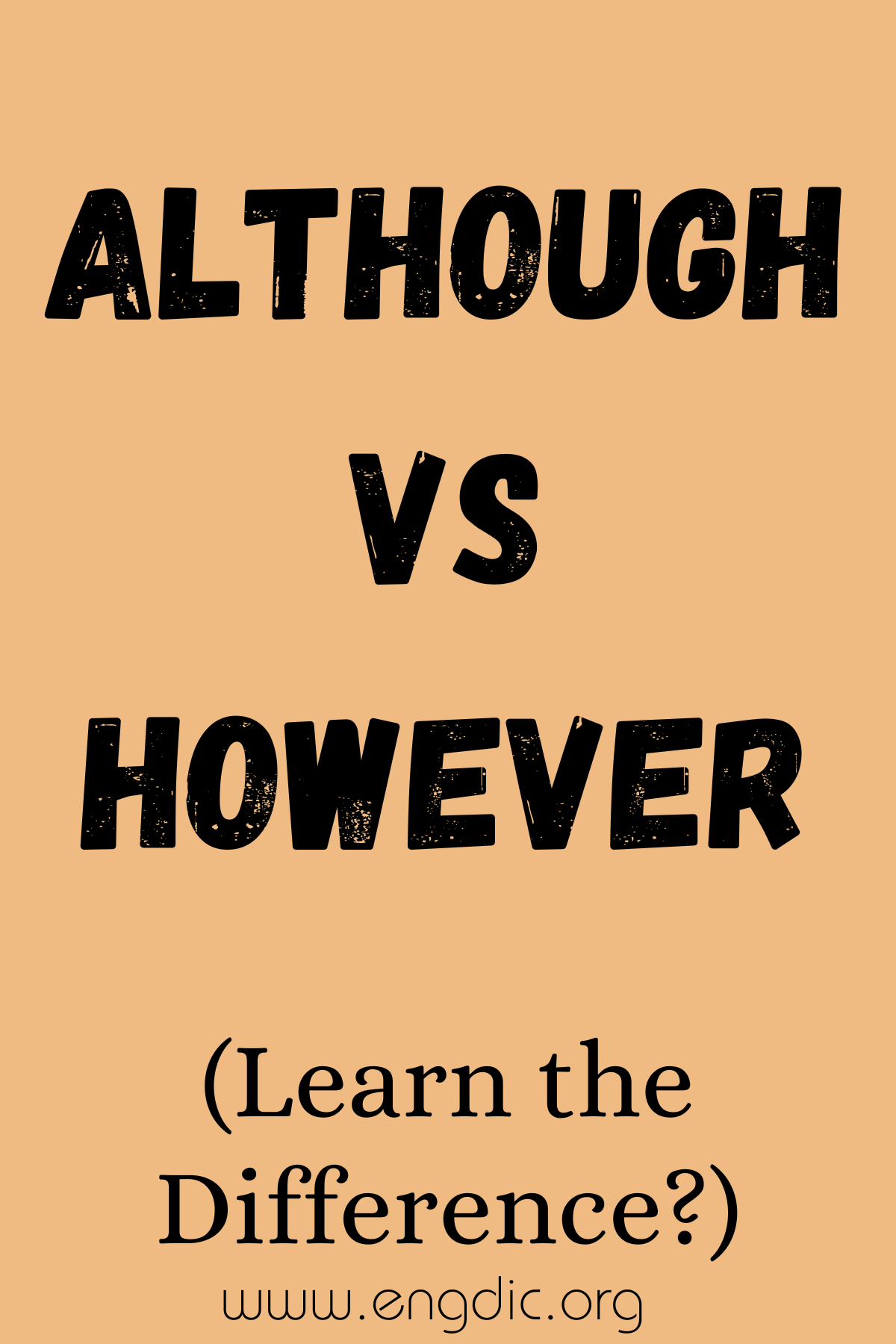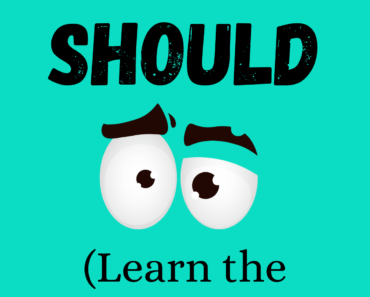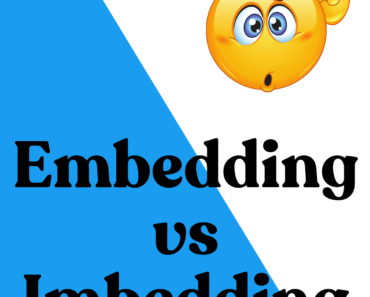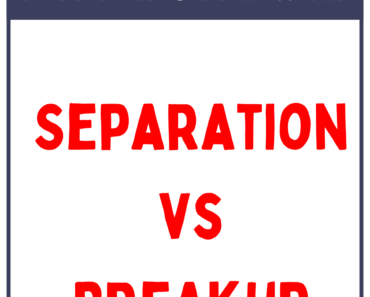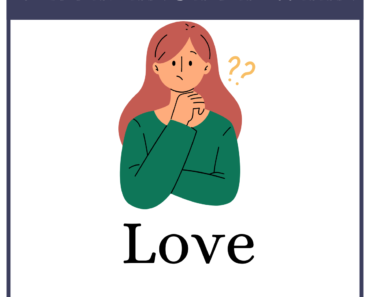“Although” and “However” are both used to introduce a contrast in a statement, but they serve different grammatical functions and convey slightly different meanings. “Although” is a conjunction that connects two clauses, where the first clause typically presents a situation or fact that might imply a certain conclusion, which the second clause then contradicts or modifies.
For example, “Although it was raining, we went for a walk.” On the other hand, “However” is an adverb used to start a new sentence or clause, indicating a contradiction or qualification to the preceding statement. For example, “It was raining. However, we went for a walk.”
Definitions and Usage
Although:
- Definition: “Although” is a conjunction used to indicate that despite the fact something is true, the main statement is still valid.
- Usage and Examples:
- Contrasting Clause: “Although he had enough time, he didn’t finish the work.” Here, “although” introduces a contrast between having time and not completing the work.
- Beginning of Sentences: Often used at the start of a sentence to introduce a contradiction to an implied or upcoming conclusion. E.g., “Although tired, she stayed up late studying.”
However:
- Definition: “However” is an adverb that indicates a contrast or exception to what has previously been stated.
- Usage and Examples:
- Starting a New Sentence or Clause: “She wanted to purchase the car; however, she didn’t have enough money.” Here, “however” indicates a shift or contrast from the previous idea.
- Middle of Sentences: Can be used in the middle with commas to introduce a pause and contrast, e.g., “She is very talented, however, she lacks confidence.”
